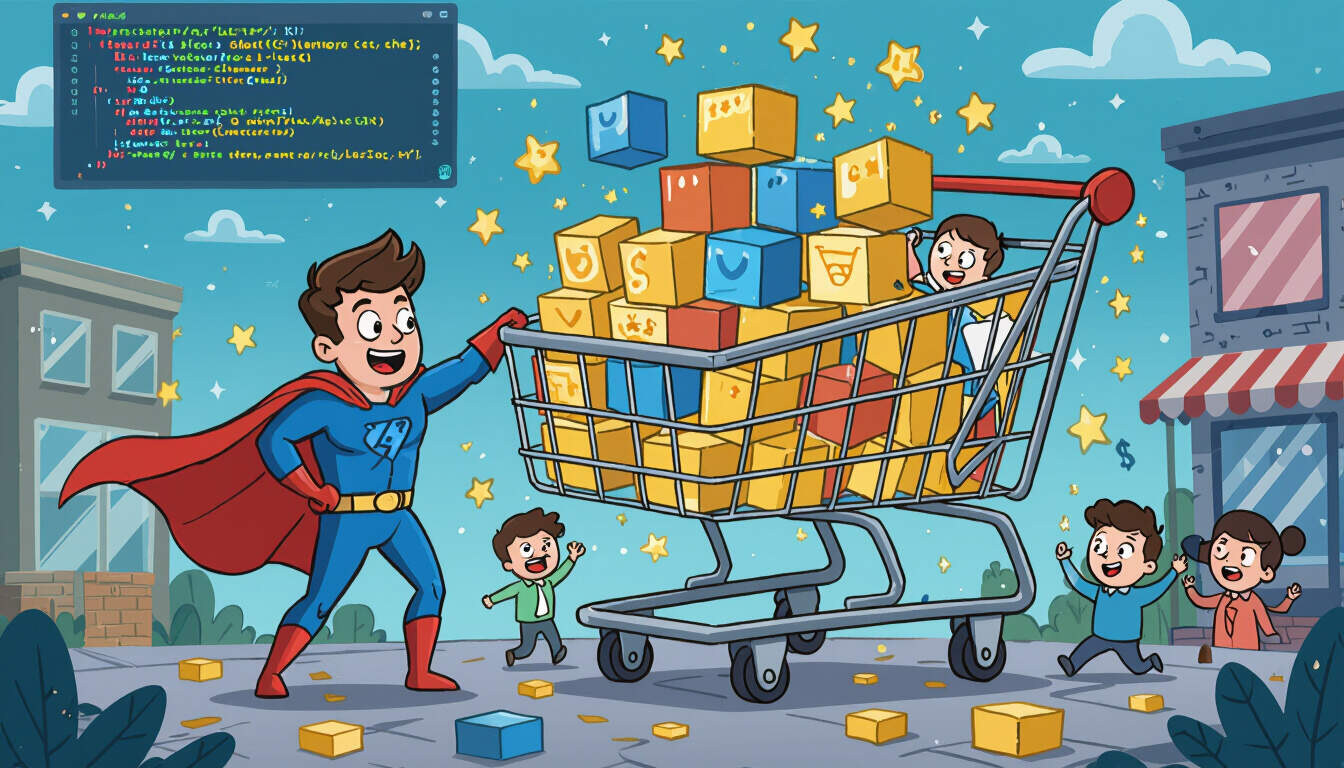Building E-commerce Websites as a Freelance Web Developer
 by Shanie Goodwin
by Shanie Goodwin
Discover the essentials of creating e-commerce sites while starting a career in web development. This guide covers key skills, practical steps, and tips for beginners to build and launch online stores effectively, opening doors to freelance opportunities.

Starting a career in web development offers exciting paths, especially in creating e-commerce websites. These platforms serve as online stores where businesses sell products directly to customers. For those new to the field, focusing on e-commerce can provide a clear goal and steady work as a freelance web developer.
Many beginners find that building e-commerce sites involves learning core technologies. For instance, HTML structures the basic layout, while CSS handles styling to make sites visually appealing. JavaScript adds interactivity, such as shopping carts and user forms. As you progress, platforms like WordPress or Shopify simplify the process by offering templates and plugins specifically for online sales.
One effective way to begin is by setting up a development environment. Install tools like code editors and browsers to test your work. Once comfortable, practice by creating a simple site. This hands-on approach helps solidify skills and builds confidence. Remember, as a web developer, your ability to create functional sites will attract clients looking for custom solutions.
Key Skills for E-commerce Projects
To succeed, develop a set of essential abilities. First, understand user experience principles to ensure sites are easy to navigate. This means organizing products logically and making checkout processes straightforward. Security is another critical area; learn basics of encryption to protect customer data during transactions.
Databases play a vital role too. Tools like MySQL store product information and user details. Integrating these with front-end code allows for dynamic content, such as displaying inventory in real-time. For e-commerce website building, combining these elements results in a seamless platform.
Practical Steps to Get Started
Follow a structured plan to launch your first project. Begin with online tutorials that cover foundational topics. Then, work on small tasks, like adding a product page or implementing a search function. These exercises prepare you for larger assignments.
Building a portfolio is crucial. Create a personal site showcasing your e-commerce projects. Include descriptions of what you built and the challenges you solved. This portfolio becomes your main tool for finding work as a freelance web developer.
Networking also matters. Join communities where developers share advice and job leads. Attend virtual events to connect with potential clients. Over time, these connections can lead to paid opportunities in e-commerce.
Overcoming Common Challenges
Every learner faces obstacles, such as debugging code or optimizing site speed. Start by breaking problems into smaller parts. For example, if a site loads slowly, check image sizes and minimize unnecessary scripts. Patience and practice turn these issues into learning moments.
Testing is key to quality. Use tools to simulate different devices and browsers, ensuring your e-commerce site works everywhere. Feedback from peers can highlight areas for improvement, helping you refine your work.
Monetizing Your Skills
As you gain expertise, turn your knowledge into income. Offer services like customizing e-commerce templates or integrating payment systems. Pricing your work fairly ensures sustainability while building a client base. Many developers start with small gigs and grow to handle full projects.
Track your progress by setting goals, such as completing a site each month. This discipline keeps you motivated and demonstrates value to clients. In the end, your efforts as a web developer can lead to a rewarding career.
Resources for Growth
Explore free materials to deepen your knowledge. Websites with interactive lessons cover topics from basic coding to advanced e-commerce features. Books and videos provide additional insights, often with examples you can apply immediately.
Stay updated with industry trends, like mobile-friendly designs, to keep your skills relevant. By consistently learning, you'll adapt to new demands in e-commerce website building.
In summary, pursuing e-commerce projects opens doors in web development. With dedication, beginners can transition into capable freelance professionals, creating valuable online stores for businesses everywhere.
